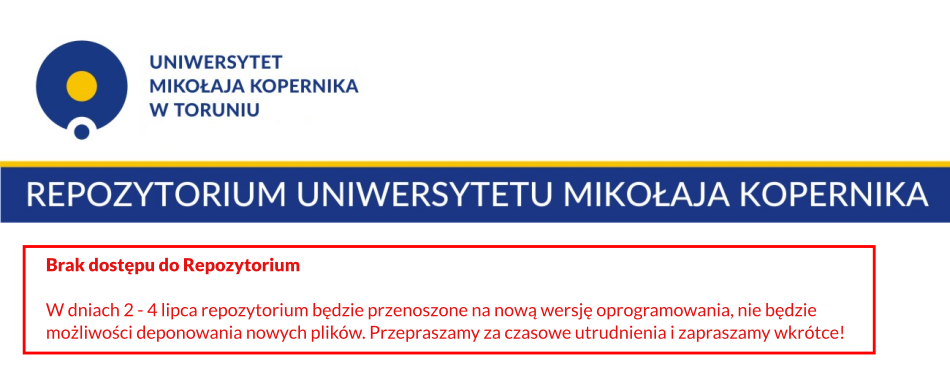| dc.contributor.author | Wacewicz, Sławomir |
| dc.date.accessioned | 2014-05-20T08:34:11Z |
| dc.date.available | 2014-05-20T08:34:11Z |
| dc.date.issued | 2011 |
| dc.identifier.citation | Turning Points in the Philosophy of Language and Linguistics, ed. P. Stalmaszczyk, pp. 201-212 |
| dc.identifier.isbn | 978-3-631-60648-3 |
| dc.identifier.uri | http://repozytorium.umk.pl/handle/item/1892 |
| dc.description.abstract | The content of this article amounts to a somewhat controversial terminological proposal: the term ‘concept’ is most fruitfully construed as ‘a mental representations having a lexical correlate’. Such a definition makes it possible to treat ‘concept’ as a technical term across the cognitive sciences, but also preserving most intuitions from a looser use of this word in the literature. The central points consist in a) appreciating the qualitative difference between the mental representations correlated with lexical labels and other mental representations, and b) accepting this difference as an effect of the causal influence of language on cognition. The argument is supported by a review of recent empirical results. |
| dc.language.iso | eng |
| dc.publisher | Peter Lang, Frankfurt am Main |
| dc.relation.ispartofseries | Lodz Studies in Language;Vol. 21 |
| dc.rights | Attribution-ShareAlike 3.0 Poland |
| dc.rights | info:eu-repo/semantics/openAccess |
| dc.rights.uri | http://creativecommons.org/licenses/by-sa/3.0/pl/ |
| dc.subject | concept |
| dc.subject | mental representation |
| dc.subject | Cognitive Science |
| dc.subject | categorisation |
| dc.subject | compositionality |
| dc.subject | lexical item |
| dc.subject | language |
| dc.title | Concepts As Correlates Of Lexical Items |
| dc.type | info:eu-repo/semantics/bookPart |
| dc.type | info:eu-repo/semantics/preprint |
Pliki:
Z pozycją są związane następujące licencje:


